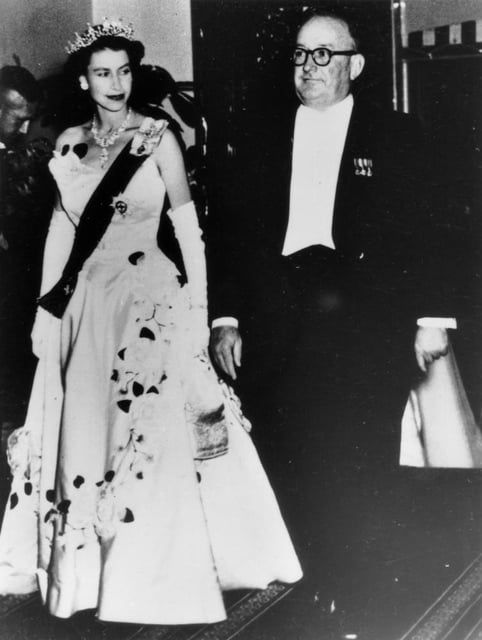
Today in 1954, the supreme court rules in the Brown v. Board of Education of Topeka that racial segregation in schools in unconstitutional. The decision overruled the case of Plessy v. Ferguson which stated “Separate but equal” was constitutional in schools in 1896. With the passing of the 14th Amendment, many establishments began to conform to the changing Civil rights standards. However, with the case of Linda Brown, she was denied access to her local elementary school because she was Black.
Hearing about the events, the NAACP took up the case and it would later reach the Supreme Court. In charge of Brown’s legal team was African-American Lawyer Thurgood Marshall who would help get the proper decision. When the Supreme Court released their decision, the agreed that the idea of “Separate but equal” was unequal and unconstitutional. A ruling on such a major topic sparked new motivation in the Civil Rights in the 1950s and 60s.








